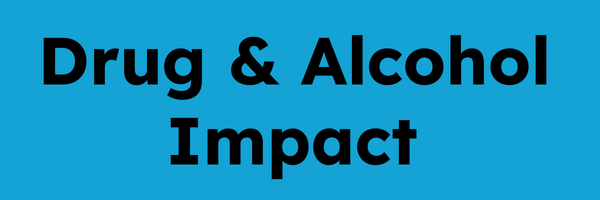From harm to hope?
.jpg)
On Monday 6th December, the UK Government released their 10-year Drug Strategy “From Harm to Hope”. Whilst SOS-UK welcome the significant investment in drug treatment and recovery services, the government’s approach fails to acknowledge the role of harm reduction in minimising the negative health and social impacts of drug use.
It’s clear that a proportion of our students take drugs whilst at university, with the 2018 NUS research, ‘Taking the Hit’ finding that 56% of students had used drugs at some time in their life. While the perception of student drug use is purely one of recreational use, there are a range of factors that can contribute to drug use, including as a coping mechanism for stress, or as self-medication for a mental or physical health condition.
Whilst we acknowledge that the safest option is not to take drugs at all, by taking a zero-tolerance approach to recreational drug use, as outlined within the government’s strategy, we are missing opportunities to support, educate and empower our students to make safer decisions to minimise the harms associated with drug use.
In Dame Carol Black’s, independent review of drugs, she acknowledged that “Mass communications based on anti-drug messaging have been shown to be ineffective and can compound user attitudes and behaviour.” We must therefore use this opportunity not to repeat old mistakes, but to take a different approach that incorporates harm reduction-based messaging.
We welcome the government’s response to “robustly test and evaluate the impact of different messages” and look forward to further discussions on “an evidence based targeted behaviour change initiative aimed at students [which] will be delivered alongside increased capacity to deliver these interventions”.
In addition to messaging aimed at students, university policies must ensure that students’ unions and university staff are trained and equipped with the relevant skills to deliver health-focused interventions, as well as offering clear support to students should things go wrong.
We are extremely proud of the work that our students’ unions and universities are doing as a result of taking part in the NUS Drug and Alcohol Impact accreditation programme and look forward to supporting more students’ unions and universities to develop policies and interventions to improve the wellbeing of their students.


